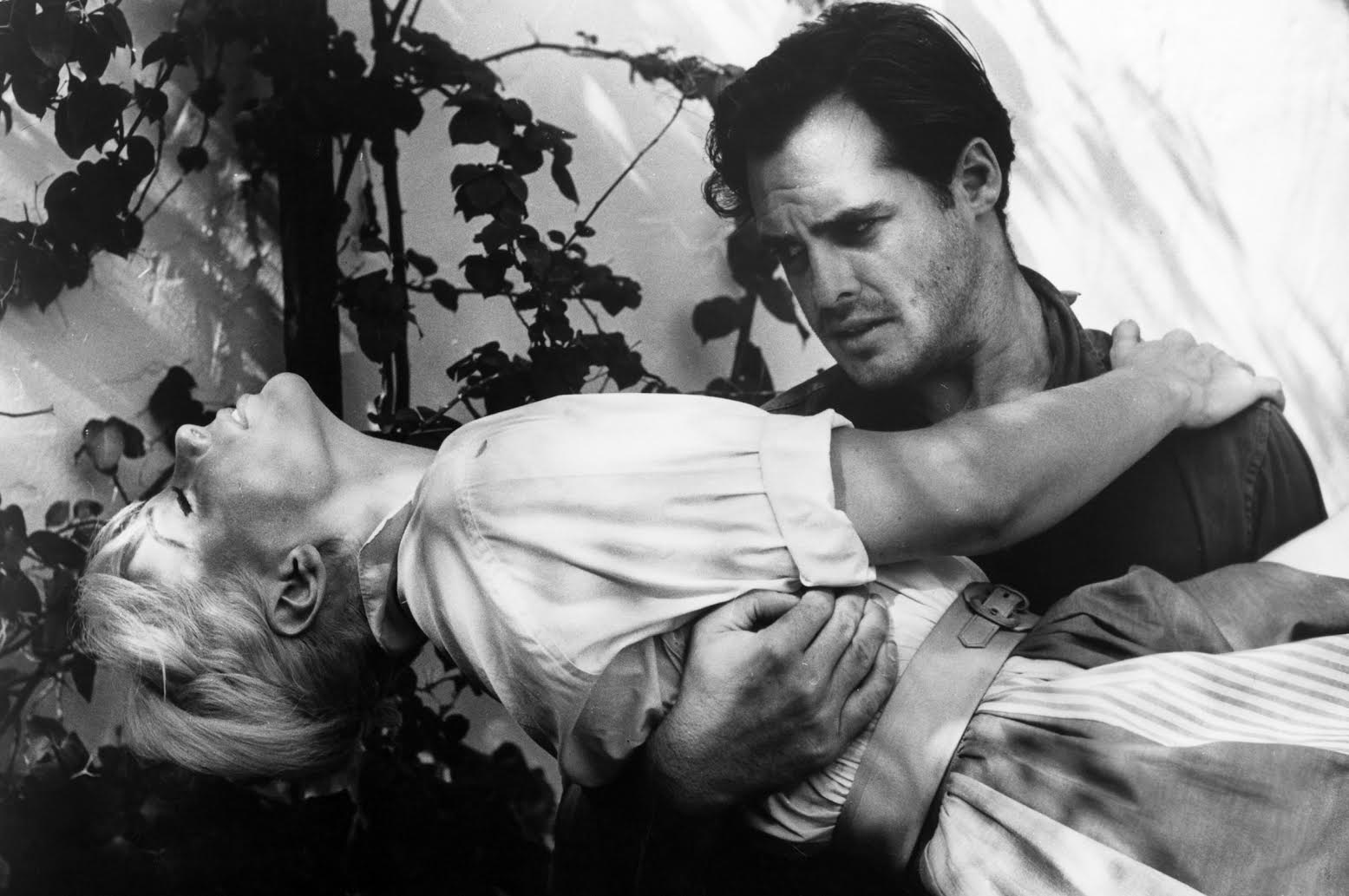UCLA film, television archive brings older works to modern audiences

(UCLA Film and Television Archive)
By Ian Colvin
March 5, 2015 10:33 a.m.
With more than 400,000 holdings in its collection, the UCLA Film and Television Archive stands as the second-largest motion picture archive in the country, behind only the Library of Congress.
Coinciding with its 50th anniversary this year, the archive will celebrate its biennial Festival of Preservation, a monthlong series showcasing over 25 feature films, newsreels, television programs and other materials it has recently restored and archived. Tickets are free for all UCLA students.
Beginning Thursday and running through March 30 at the Billy Wilder Theater, the festival offers the opportunity to see rare, often largely forgotten, works.
“(The festival) really shows the incredible work that our archivists and preservationists do,” said television archivist Dan Einstein. “We are very pleased and proud to be able to present these programs, which are so important to our cultural history and identity, to audiences.”
From the slapstick comedy of Harold Lloyd’s 1936 “The Milky Way,” playing March 16, to early zombie movies and rarely screened television programs, the selections this year cross a multitude of different genres and decades.
“It’s a real potpourri of things that we are presenting this year,” said Scott MacQueen, head of preservation. “There truly is something for everybody.”
Fans of the wild, pulpy cinema of Samuel Fuller, for example, can see one of the American auteur’s overlooked works, the 1974 television movie “Dead Pigeon on Beethoven Street,” on Friday. The film is a surrealistic detective story about a private eye searching for his partner’s killer in Germany.
A special tribute honoring the films of Laurel and Hardy will showcase a production rarely seen in the United States. At the peak of their popularity in the early 1930s, the famed comedy duo would shoot many films in a variety of languages in order for foreign audiences to enjoy them in their own native languages, such as the Spanish version of 1931’s “Pardon Us” – titled “De Bote en Bote” – which is playing on Saturday.
“What’s interesting is that these foreign versions, whether in Spanish, French, German or Italian, were often very different or longer than their English versions,” MacQueen said. “Many of them even had completely different scenes and continuity.”
The duo’s 1932 classic film “The Music Box,” the first comedy short to win an Academy Award, will also be shown on Saturday.
“Private Property,” a quickly made “cheapie” from 1960, was the directorial debut of Leslie Stevens, before he created the 1960s cult science-fiction television series “The Outer Limits.” Stevens’ wife Kate Manx stars as a housewife in an unhappy marriage whose world is turned upside down when two brutal, psychosexual drifters pursue her.
With references to rape and homosexuality, the controversial “Private Property,” playing March 13, turned a profit with its initial release but has since drifted into relative obscurity.
“Many of these productions haven’t been seen in a very long time, either in theaters or on television,” said Jan-Christopher Horak, director of the UCLA Film and Television Archive. “There are a lot of discoveries to be had here.”
A rarely seen American independent movie from 1967, for example, titled “Spring Night, Summer Night,” playing March 28, is described by MacQueen as a fascinating work of American neorealism that captures the lives of poverty-stricken Appalachian people. Though initially slated to appear at the 1968 New York Film Festival, it was replaced by John Cassavetes’ classic “Faces” at the last minute and, instead, was dramatically reworked and released by an exploitation distributor as “Miss Jessica is Pregnant.”
“Spring Night, Summer Night” was quickly forgotten for almost 50 years, until the Film and Television Archive recently preserved it in its original form, the version envisioned by the movie’s director, J.L. Anderson. MacQueen said this will be the version presented at the festival, with Anderson in attendance.
The Festival of Preservation will also showcase a selection of works from the African American film movement known as the “L.A. Rebellion” on March 23. From 1978’s rarely seen “Azz Izz Jazz,” a jazz performance piece by Jacqueline Frazier, to 1982’s “Illusions,” Julie Dash’s black-and-white period piece that focused on race in Hollywood, the program offers a series of films made by four black female filmmakers – all of them UCLA alumni – from the 1970s and 1980s.
Ultimately, MacQueen said a major goal of the series is to present these 20th-century productions, many of them long-forgotten, to modern audiences and usher them into the 21st century.
“One of the greatest joys of preservation is to reach audiences,” MacQueen said. “The point of this festival is, really, to bring these films and television programs back to audiences so that they will once again live and breathe.”


